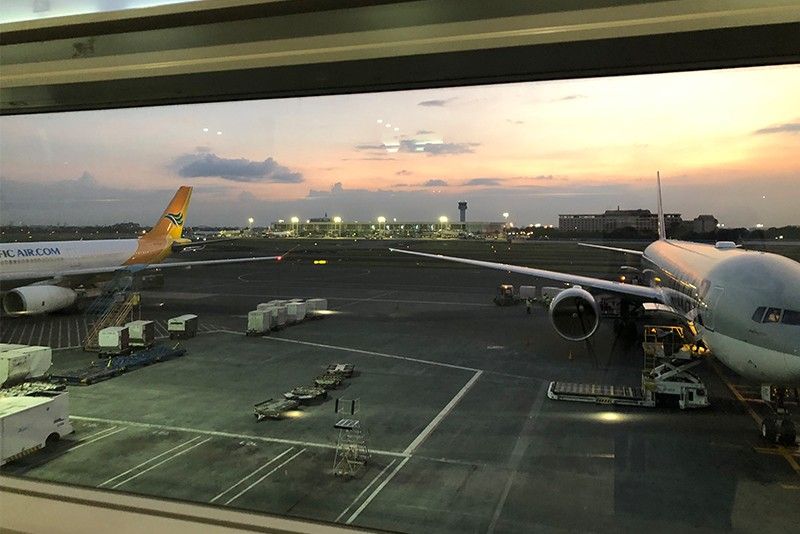Infrastructure deals may be tweaked on a case to case basis — Dominguez

MANILA, Philippines — As the pandemic tears through corporate balance sheets, the Duterte administration opens itself up to renegotiation with private firms holding or contemplating to sign infrastructure deals with the government, at least on case to case basis.
“Well, at the moment we understand that some proponents of the PPP (public-private partnership) projects have problems raising financing under the current situation,” Finance Secretary Carlos Dominguez III told reporters on Wednesday.
“So we will take it one by one and see what projects are going to ask for renegotiation or whatever. We cannot have a 100% answer for everybody because there are many different projects,” he said in a briefing.
The question, asked during one of the government’s briefings ahead of President Rodrigo Duterte’s State of the Nation Address on July 26, was predicated on Tuesday’s announcement that a group of powerful companies forming a consortium wanted the government to change the terms of the rehabilitation project for Ninoy Aquino International Airport (NAIA).
The so-called NAIA Consortium, which groups six conglomerates, said their proposal to make the NAIA upgrade “bankable” and “viable” considering the pandemic’s impact on tourism was however rejected. Representatives from the consortium either did not respond or could not be reached for comment on Wednesday.
While he did not discuss the reasons for the rejection, Dominguez said he is “not worried” by the possibility that the consortium would ultimately back out from the project. The project is unsolicited, meaning the entire blueprint was proposed by the companies in 2018 and tweaked during government negotiations.
“Apparently, these two other proponents are willing to get into an agreement with the government which are very similar to the terms of the agreement between the project proponents in the Clark Airport,” the finance chief said.
“We’re not worried about it. We believe these other two proponents are willing to step up to the plate here,” he added.
No to guarantees
That the Duterte government is being liberal to project changes opens up the possibility of more support to the private sector undertaking the project. Before the pandemic hit, Dominguez himself had consistently opposed guarantee clauses on PPPs or those which assures the contractor payments in case the project fail. He had said guarantees are costly.
That stance reverberated across the overarching “Build, Build, Build” infrastructure agenda, which initially saw projects mostly funded by official development assistance (ODA) or taxpayers’ money and transferred only to private firms for operations— like the Clark Airport. That changed only late last year, when it became apparent that the government’s reliance on ODA slowed down the building process.
As per the latest list of flagship projects as of February, 29 PPP projects worth a cumulative P1.77 trillion was included. The list, however, is currently undergoing revisions due to the pandemic.
Sought for comment, Ma. Angela Ignacio, managing director at Polestrom, a PPP consultancy, said government support that may be offered is not limited to guarantees.
“Where we see government potentially applying flexibility is more contractual such as providing temporary reallocation of risks, contract performance waivers, etc. rather than financial (i.e. providing subsidies or guarantees, availability of government funding,” Ignacio said in an online exchange.
“One thing is for sure, if we want to attract private sector participation in PPP projects, there is a need for government to ensure that the right conditions are in place,” she added.
- Latest
- Trending































